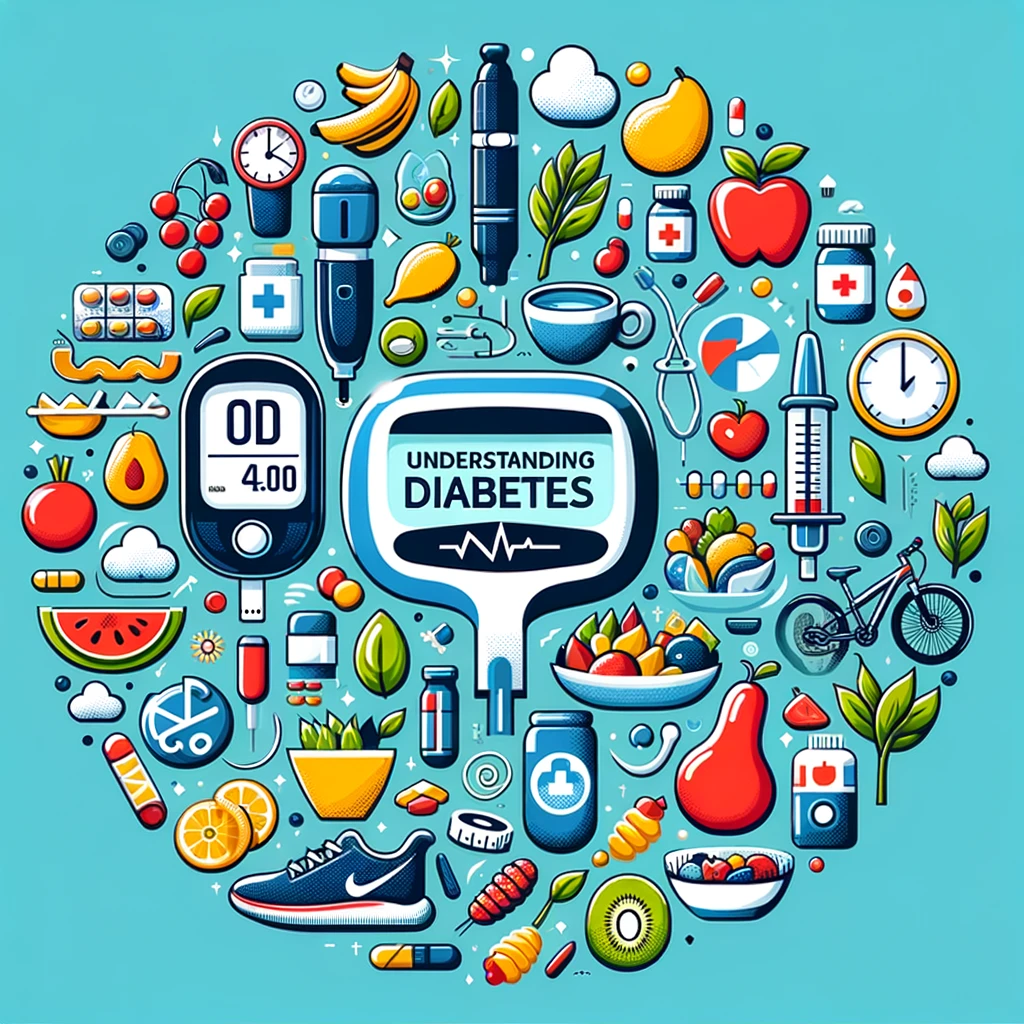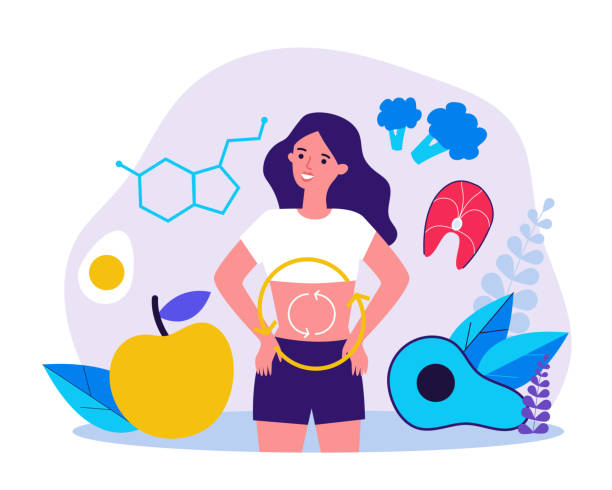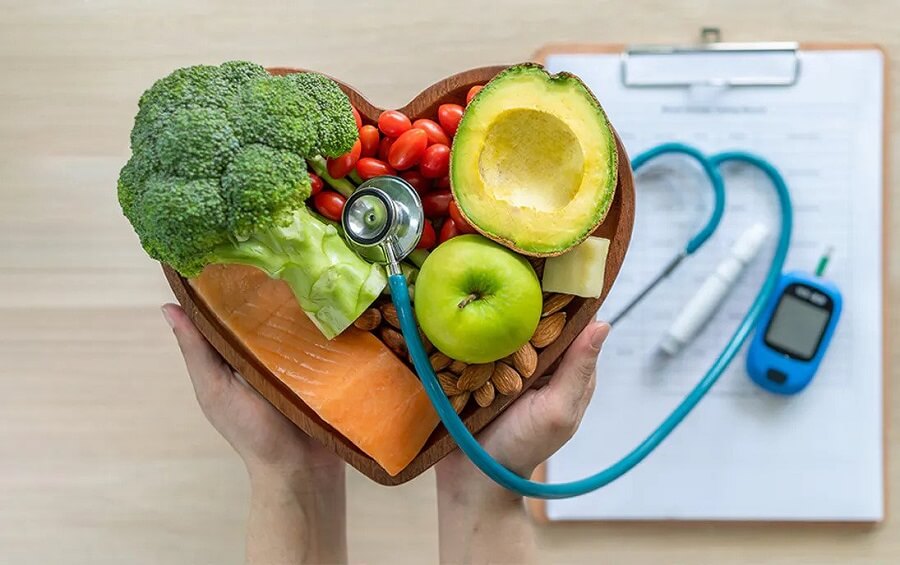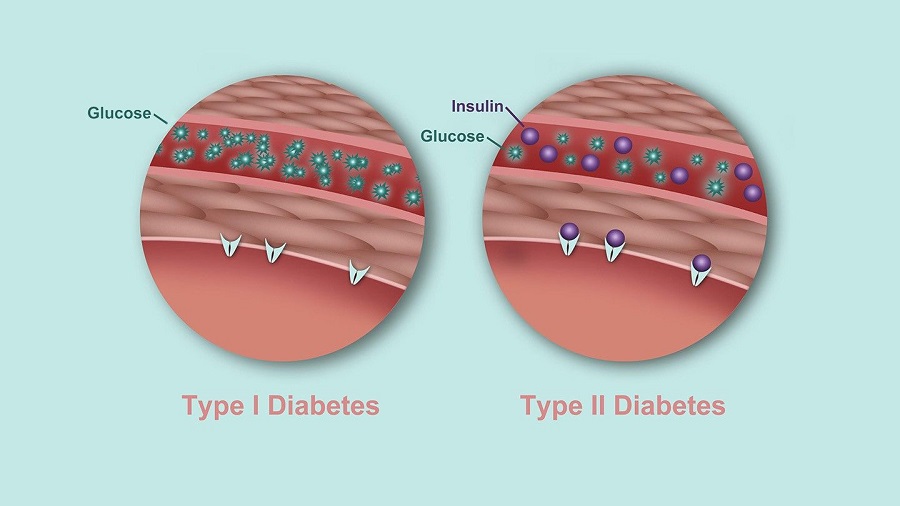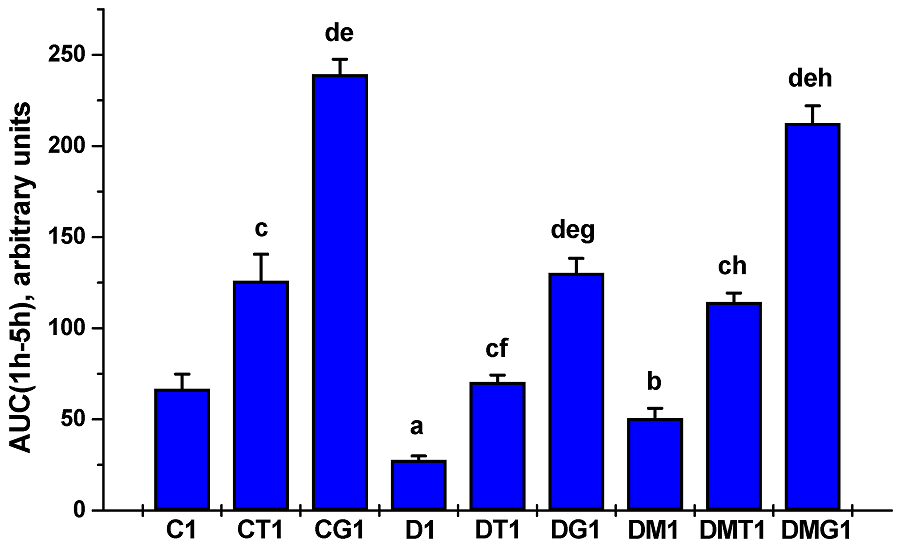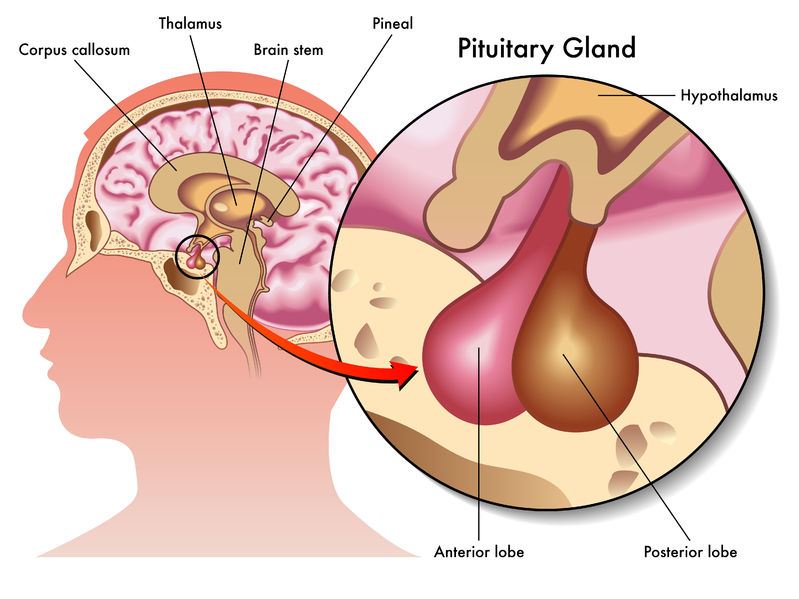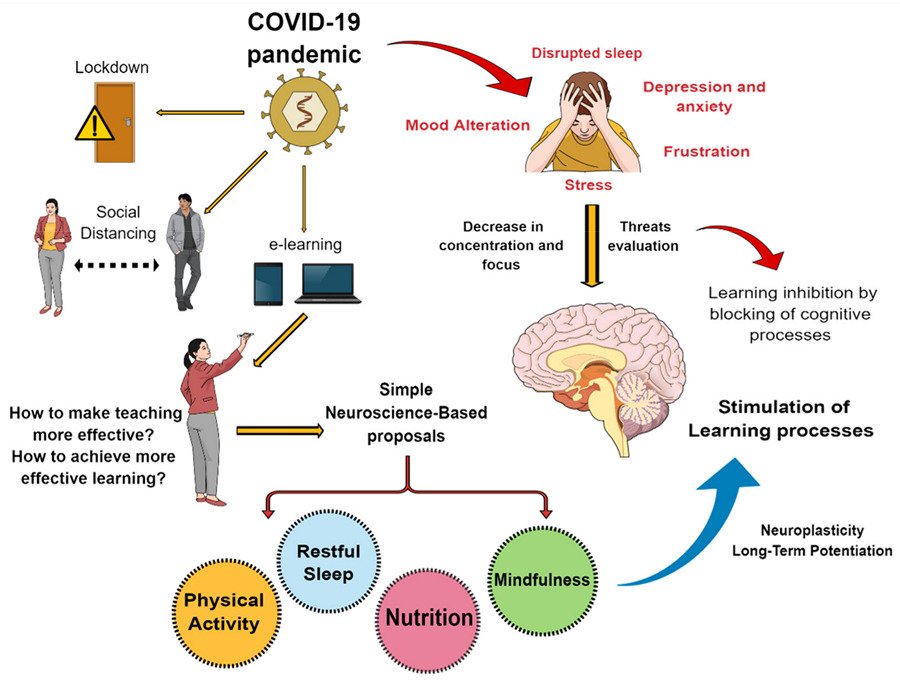Empowering Your Wellness Journey: Diets, Fitness, Food, Health, Science, And Supplements
Empowering Your Wellness Journey is a comprehensive guide that covers diets, fitness, health, and supplements, offering scientific insights and practical tips for a balanced and healthy lifestyle.
Everything you need to
improve your health & immunity
Essence of wellness with comprehensive guides on healthy eating, ketogenic diets, and tailored exercise routines.
List Of Carbohydrate Foods
Carbohydrate foods are essential in a healthy diet, and knowing that including carbohydrates in your food list is not bad for the body is necessary.
16: 8 Intermittent Fasting
Intermittent fasting is how power is passed without eating for a certain amount each day. To help you organize your day.
Glycemic Index Of Flours
The refined wheat flour makes you bake more airy breads and delicate desserts. However, in the preparation of this type of flour, the vegetable fiber is also eliminated,
Embracing the Ketogenic Lifestyle
The Ketogenic Diet stands as a revolutionary approach to health and weight loss, emphasizing a low-carb, high-fat regimen that shifts your body into a state of ketosis.
Key Benefits of the Ketogenic Diet
Nurturing Your Health: A Holistic Approach
Health is our most precious asset, a state of complete physical, mental, and social well-being,
and not merely the absence of disease or infirmity.
Science of Dietetics: Crafting Optimal Health
Dietetics is the scientific study of human nutrition and the management of diet. It’s a field dedicated to understanding how food and nutrition affect health and well-being, guiding individuals in making informed dietary choices for disease prevention and health promotion.
Harmonizing Health: The Role of Hormones
Hormones are the body’s chemical messengers, pivotal in regulating many physiological processes, from growth and metabolism to mood and reproduction. These powerful substances are secreted by various glands in the endocrine system and travel through the bloodstream to target organs, orchestrating complex bodily functions with precision.
Understanding the intricate dance of hormones is key to unlocking the secrets of optimal health and well-being. Imbalances, even subtle ones, can profoundly affect your physical, emotional, and mental health, influencing everything from your energy levels to your weight and emotional state.
The quest for hormonal balance is not just about addressing issues when they arise but involves embracing a lifestyle that supports endocrine health. This includes nutritious eating habits that provide the necessary building blocks for hormone production, regular physical activity to enhance hormone function and reduce stress, and adequate sleep to allow the body to repair and regulate hormone levels naturally. Additionally, minimizing exposure to endocrine disruptors, which can interfere with hormonal functions, is crucial in today’s environment. By paying attention to these aspects of health, individuals can foster a harmonious hormonal balance, paving the way for improved health outcomes and a better quality of life.
The Heart of Fitness: Unlocking the Power of Cardio
Cardiovascular exercise, commonly called cardio, is a cornerstone of any fitness regimen, vital for strengthening the heart, enhancing lung capacity, and burning calories. It involves sustained, rhythmic activities that elevate the heart rate, ranging from brisk walking to cycling, swimming, and running. Regular cardio workouts can significantly improve cardiovascular health, boost metabolism, and reduce the risk of chronic diseases such as heart disease, diabetes, and stroke.
Beyond physical benefits, cardio exercises also have a profound impact on mental health, reducing symptoms of depression and anxiety through the release of endorphins, the body’s natural mood lifters.
Improved Cardiovascular Health
Heart Strength: Regular cardio exercise increases the efficiency of your heart, improving blood flow and reducing the risk of heart disease.
Enhanced Metabolic Rate
Calorie Burn: Cardio activities accelerate your metabolism, aiding in weight loss and maintenance by burning calories and fat.
Mental Health Benefits
Stress Reduction: Cardio exercise reduces stress levels and enhances mood by releasing endorphins, promoting overall well-being.
Frequently Asked Questions
Answer to the most asked questions.
Transform Your Body in Just 21 Days with This Simple Trick!
Custom 3-Week Weight Loss Schedule
Life-Transformation System
21-Day Transformation Program
Transform Your Life in Just 3 Weeks: Lose Up to 40lbs with This Secret Method!
Total Value: $47$27
60-Day Money-Back Guarantee

The Smoothie Diet
— Certified Health Coach Drew S.
You’re covered for a full 60 Days. If, for any reason, you decide that this program is not for you, drop me an email and let me know, and I’ll give you a refund…every penny, without questions, without hassles. This is a completely risk-free offer.

Get more inspiration
Cut through the clutter and enrich your inbox with health and wellness insights that are accessible and founded on medical knowledge.


